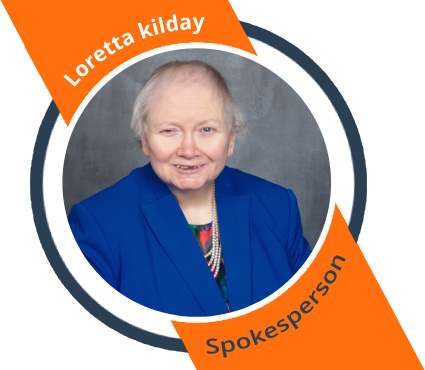Debt consolidation refinancing is all about replacing your current mortgage loan with a new home loan exceeding the current outstanding balance. The extra cash is used to consolidate and pay off bills. The new loan taken against the same property is known as cash-out refinance mortgage.
Debt consolidation refinancing - An example
Let's say, you owe $60,000 on a $150,000 home and you've thought of refinancing to get low interest rates on your mortgage. You also need some extra cash, say around $50,000, to consolidate credit card bills and payday loans. Since lenders usually do not lend more than 80% of the home's appraised value, therefore, the maximum amount of cash-out refinance loan you may get is $120,000. If however, you need to borrow more than 80% of the home's appraised value, then you'll have to purchase private mortgage insurance, which compensates lenders in case you fail to pay off the mortgage.
Criteria for debt consolidation refinancing loan
There are certain factors which lenders check prior to approving your cash-out refinance loan. These are:
Equity:
You should have enough equity in your home so that you can take out extra cash for consolidating your dues.
Good credit:
You should have good credit (around 700) to get approved for conventional mortgages (not the ones insured by the Federal Housing Administration or FHA). However, you may get a home loan with scores lower than 700 if you apply with the state housing authorities or housing finance agencies.
Apart from state housing authorities, there are credit unions who can offer you loans at scores below 700. But don't expect them to offer you bad credit loans. Such loans hardly exist now ever since the subprime mortgage meltdown/credit crunch and recession took over the housing market. Even the FHA has raised its credit score requirement to 620.
DTI ratio:
Lenders offering conventional programs need you to have DTI ratio within 36%. That is, your monthly payments on unsecured bills (credit cards, payday loans, medical bills, etc.) and secured bills (mortgage, car loan, etc) shouldn't exceed 36% of your gross monthly income. However, if you're going for an FHA loan, you need to have a DTI ratio well within 43%.
Housing ratio:
For conventional loans, you'll have to make sure that your monthly housing costs (including existing mortgage payments, maintenance costs, etc) haven't exceeded 28% of your gross monthly income. FHA loans extend the requirement to 31% of your gross monthly income.
Collection/judgment:
Your credit report shouldn't have unpaid collection or judgment accounts. Such items should be paid off in full prior to applying for the consolidation refinancing loan. You may settle such loans but make sure you negotiate with the creditor or collection agency such that they update the account status as "Paid in full". This is essential if you'd like to avoid getting hit with the negative effect of settlement. Or else, you can negotiate a pay for delete agreement such that the creditor removes the entire listing from your credit report.
Pros and Cons of debt consolidation refinance mortgages
Check out the pros and cons associated with cash-out refinance loans.
Pros
- You receive extra funds to consolidate multiple bills.
- You get a new loan having lower rate than the existing one.
- You'll be able to save thousands in interest.
- Get rid of mortgage faster if the new loan has shorter term.
Cons
- You may have to pay penalty for prepaying the existing loan.
- You'll have to pay closing costs and fees to get a refinance loan.
- You may have to buy mortgage insurance if you borrow more than 80%.
- If you don't repay the loan, lender may sell your home to recover the balance.
- Higher principal may lead to higher monthly payments if the rate isn't that low.
Are there other ways to consolidate bills?
If you apply for consolidation refinancing loan and the rate offered is higher than the existing mortgage rate, then you shouldn't go for it. Instead, you should look out for alternatives such as debt consolidation program or loan. A consolidation program is where you enroll with a company which communicates with creditors and collection agencies to cut down interest rates and late/penalty fees you've incurred on your bills. Whereas a consolidation loan is an unsecured personal loan which you can use to pay off all your bills with one large payment.
Whether you refinance your home loan or enroll in a program to consolidate bills, you need to make your payments on time. It is essential that you curb unnecessary spending and cut back on your lifestyle to save dollars for paying your bills. Avoid charging on too many credit cards and purchasing big items. The purpose is to use the refinance loan to your benefit without going into default and losing your home or facing legal actions taken by the lender.





